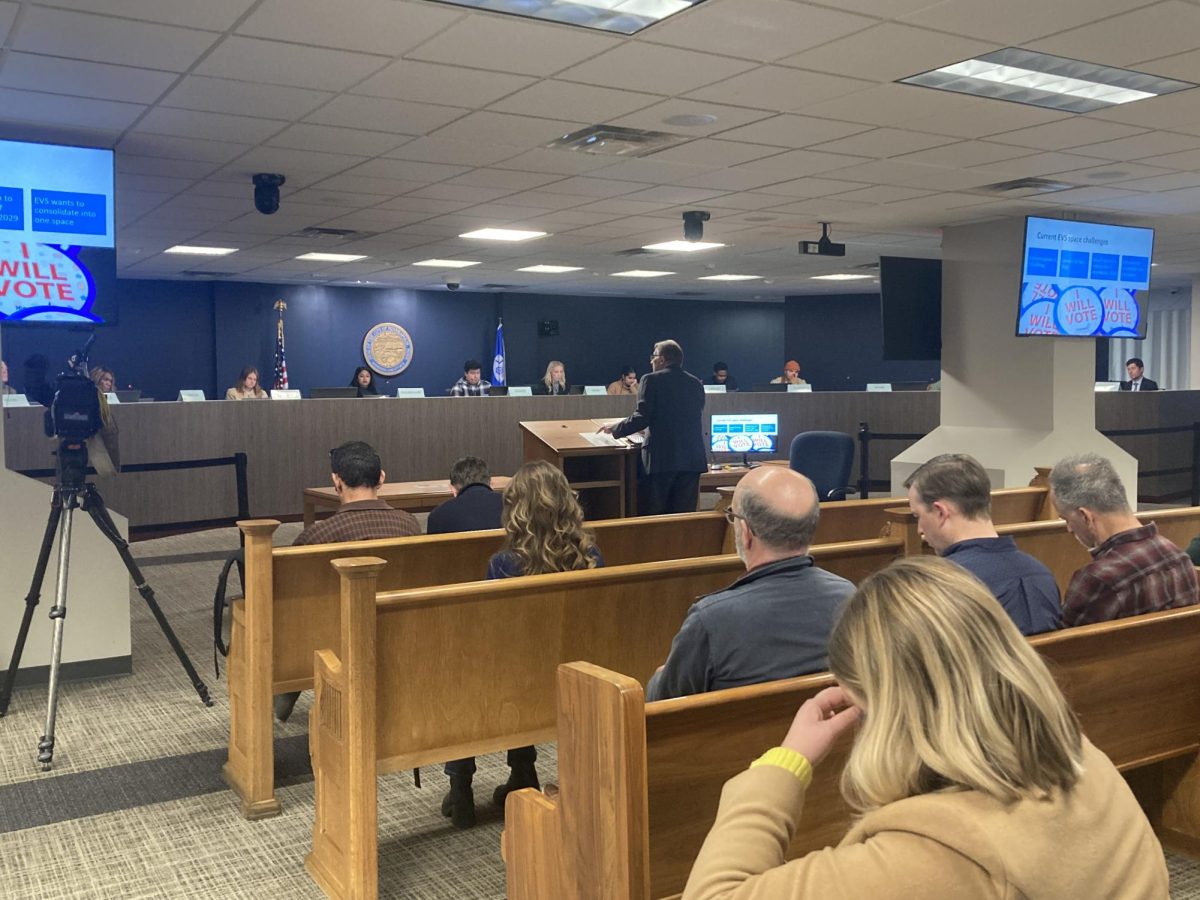A committee tasked with overhauling the University of Minnesota’s liberal education requirements has three draft plans making their way around the University community, including several major changes — the most obvious being the name.
Now called general education requirements, the plans have students take between 29 and 30 credits, a change from the current framework, which requires between 27 and 39 credits. The curriculum has largely been unchanged since the ‘90s.
The fruits of nearly four years of work, the plans look to clarify the requirements, allow more student choice and shift the focus of the requirements back to broadening a student’s education.
Sally Kohlstedt, chair of the Liberal Education Redesign Committee, said the new plans feel fresh.
“I think we haven’t thrown anything out that was really good about our old curriculum,” said Kohlstedt, a professor in the College of Science and Engineering. “We still say themes and issues are important. We still say broad education is what you’re here to get.”
Kohlstedt said she hopes the new design will be voted on by the University Senate before the end of the fall semester, and that freshmen entering fall 2021 will use the new system, although it will take several years to fully switch over. The system for evaluating how courses fit into each of the requirements is still in the works.
Each of the plans, which were emailed to faculty and staff earlier this month, include a combination of classes in both disciplinary and thematic inquiries.
Plan A emphasizes disciplinary inquiry, requiring students to take six courses totaling 20 credits, one in each biological sciences, physical sciences, social sciences, history and a course in two of either arts, humanities or literature.
Shifting focus to the thematic inquiry, Plan B requires students to take courses totaling nine credits in three of four themes: diversity, power and justice in the U.S., global perspectives, technology and social transformations and environment and sustainability. It requires one less disciplinary course than Plan A.
The third plan allows students to choose what they want to emphasize, allowing students to take either an extra disciplinary or thematic course.
Whichever plan is chosen, the popular practice of “double-dipping” classes that fulfill both disciplinary and thematic requirements will become a thing of the past.
Committee members agreed that double-dipping resulted in instructors teaching courses differently and trying to teach to fit definitions of multiple requirements rather than focusing on one, Kohlstedt said. Another reason to do away with double-dipping was the feeling that departments created such courses to attract higher enrollments.
“I think we didn’t like that motivation very much, and so this is going to change that,” Kohlstedt said.
Each of the plans keep current writing requirements but add two new fundamentals: quantitative reasoning and mathematics, and ethics.
Third-year student Jessica Herbst said she likes the ability to explore classes outside of her major, but that some of the requirements, such as the current math requirement, are frustrating.
Members of the committee from many departments said they could teach classes that are not traditionally math-related, but with a quantitative lens, Kohlstedt said. This could result in students taking several quantitative courses across many different subjects, rather than a lone math course they may not be interested in.
Kohlstedt also said student feedback showed an interest in ethics courses that directly related to their field, which is why ethics was added as a fundamental.
“In those courses, you’re going to encounter ethics in operation in a subject that is likely to be somewhat career-related,” Kohlstedt said.
Second-year student Cassie Son said she doesn’t think the requirements are entirely necessary because they can be time consuming.
“If you have a really intense major, it is kind of difficult to fit in the liberal education requirements,” Son said. “It does broaden your perspective, but I don’t think it should be required.”
Doing away with the requirements entirely is not unheard of among other universities for certain disciplines, such as engineering, but it wasn’t a change that the committee wanted to make.
Rashne Jehangir, a member of the redesign committee, said the new plans will allow students greater choice in what classes they take, but students could miss out on important courses or certain themes, reducing the breadth of the curriculum.
Kohlstedt said she hopes the plan will do the exact opposite, allowing students to choose a broader curriculum for themselves.
“It’s a smorgasbord at an institution like this,” Kohlstedt said. “So you need to step back from the smorgasbord and say, I can’t eat it all. Where do I want to dip in and get things, so I am actually hoping this is in fact opening up options for students.”








